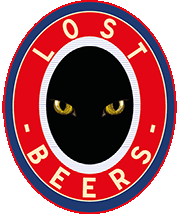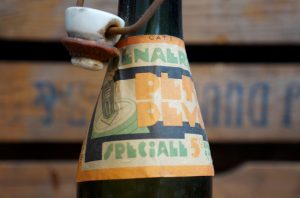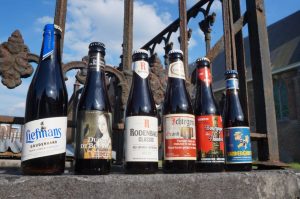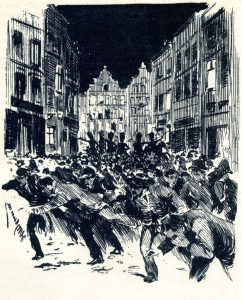Georges Lacambre: the man who taught Belgium how to brew
 On May 30, 1884 a man was buried at the Cimétière de Passy in Paris, in a grave on section 1, row 8 south, number 3 east.[1] This graveyard, today located within a short walking distance from the Eiffel tower, looks just like you’d imagine a cemetary in Paris: lots of robust small tombs the size of telephone boxes, statues of mourning angels, and shiploads of expensive looking marble. This is where he found his last resting place: Georges Lacambre, the man who taught Belgium how to brew.
On May 30, 1884 a man was buried at the Cimétière de Passy in Paris, in a grave on section 1, row 8 south, number 3 east.[1] This graveyard, today located within a short walking distance from the Eiffel tower, looks just like you’d imagine a cemetary in Paris: lots of robust small tombs the size of telephone boxes, statues of mourning angels, and shiploads of expensive looking marble. This is where he found his last resting place: Georges Lacambre, the man who taught Belgium how to brew.












